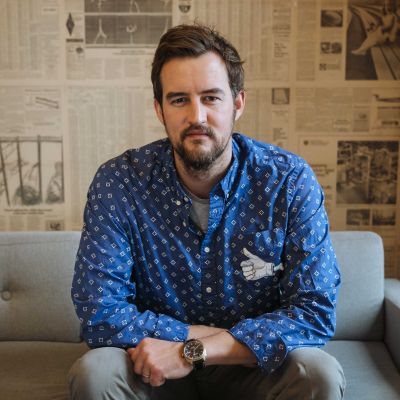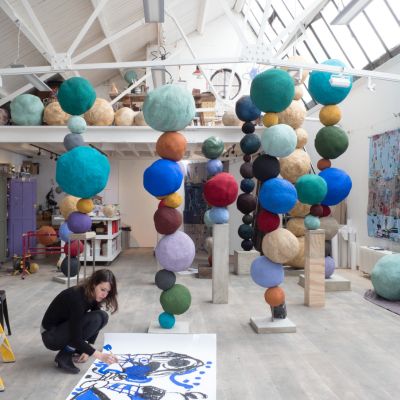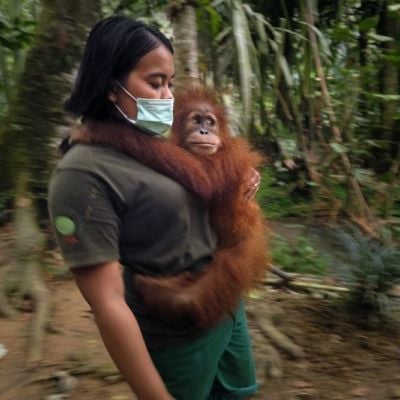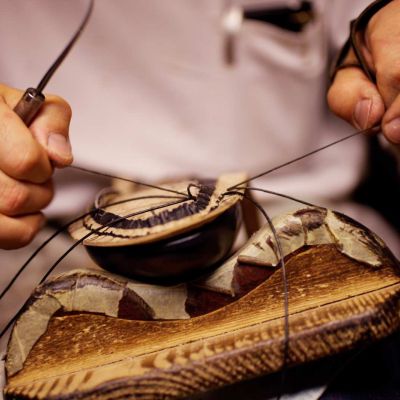Birds With Wings
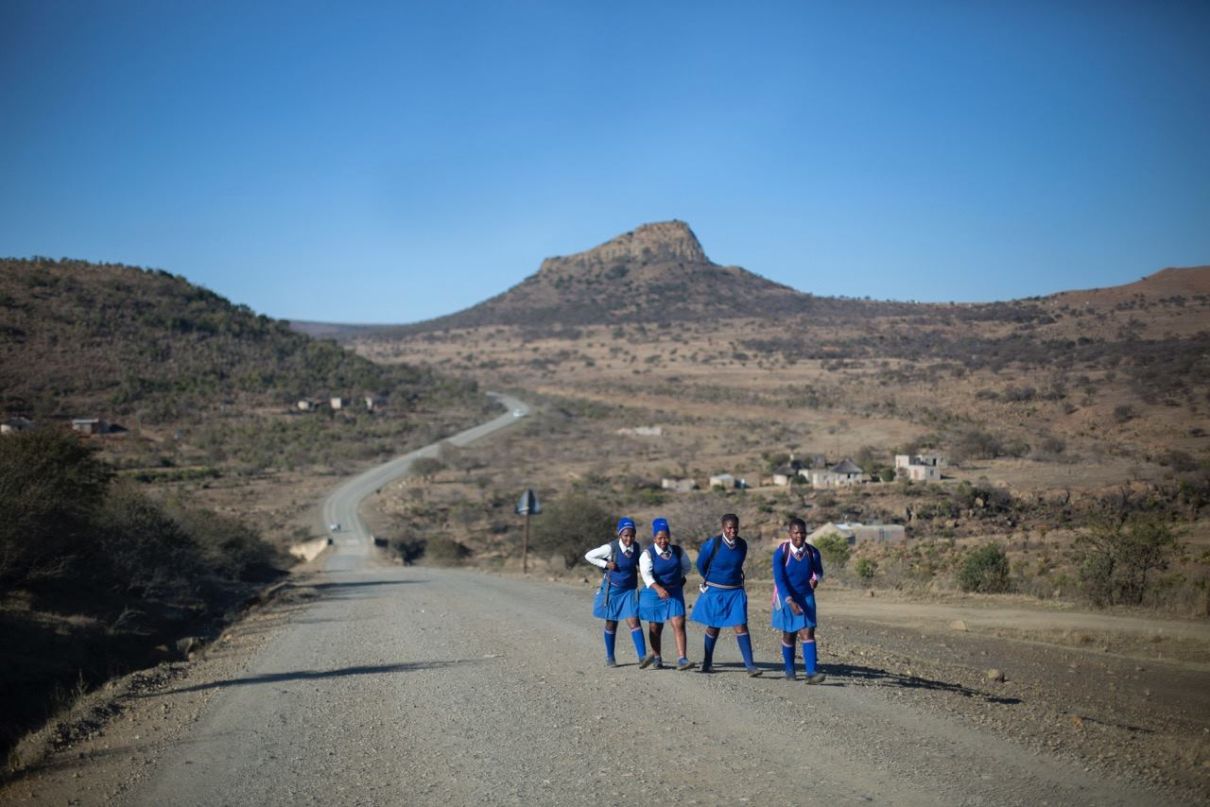
Khula Education is on a mission to help the children of Zululand realise their true potential.
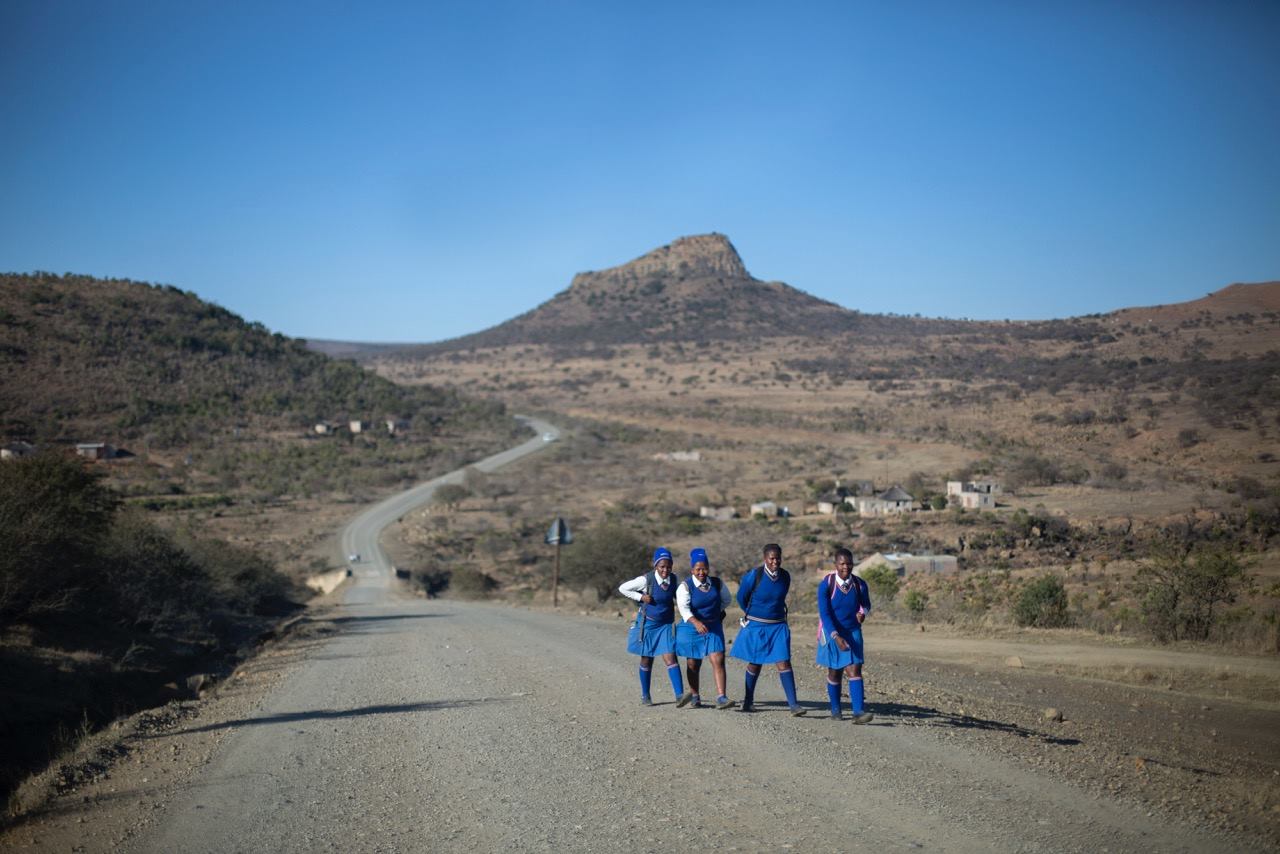
I first went to Zululand, in KwaZulu-Natal, South Africa, when I was a child. I went with my parents to go and hear David Rattray speak about the Anglo-Zulu War of 1879 at the infamous Isandlwana. Rattray was a famous raconteur; people from all over the world would travel to Rorke’s Drift to hear his account of the battles. We were so moved by Rattray, the history and the moment that we spontaneously swam across the flooding Buffalo River in solidarity with both sides of the battle.
I returned to Rorke’s Drift this year for the first time since my childhood because of a serendipitous meeting in London with Robin Woodhead, chairman of Sotheby’s International. Woodhead is deeply passionate about Zululand and spoke to me about the foundation that Rattray started to help the community of Rorke’s Drift, of which Woodhead is a trustee. I was so impressed by the work the foundation is doing that I am now helping to fundraise for its education programmes as chair of a fundraising committee in London.
There is a saying in the Zulu community that a child without education is like a bird without wings. Khula Education, also known as the David Rattray Foundation, was born with this Zulu proverb at its heart. Khula Education seeks to give isolated and vulnerable children disadvantaged by poverty the chance to learn and receive the education needed to prepare effectively for life.
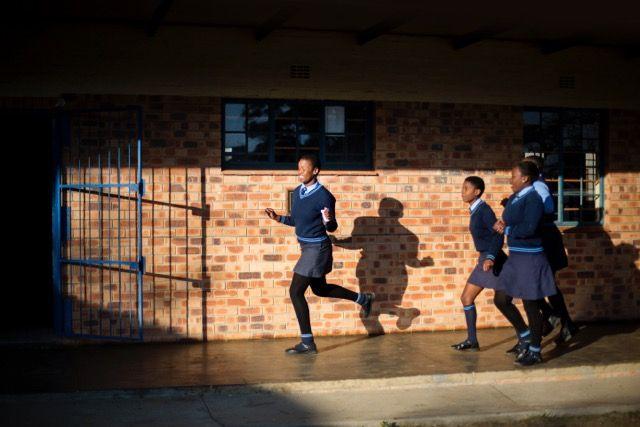
As a South African it is shocking to know that my country finished last in the World Economic Forum mathematics and science education ranking. We also finished 137 out of 139 countries in terms of our overall education quality. Sadly, this was not a bad year; we have held this ranking for multiple years.
The basic challenges of our education system are highlighted in Zululand. If you are child in Rorke’s Drift, you will grow up speaking Zulu in your home, community and throughout your schooling. It is very unlikely you will learn English, yet this is the language that national exams are set in and without it you will not graduate and pass your matric exams. Knowing this basic challenge, Khula Education prioritises teaching English and mathematic literacy so that the children can pass their school exams.
Khula Education’s mission is to initiate and support the improvement of education in local rural schools to ensure a child is not disadvantaged by the lack of proper equipment, infrastructure, teaching or support. We believe that through improved educational attainment each child is in an advantageous position to improve their own life, achieve better standards of health and secure better employment. Importantly the long-term benefit of empowering children through education is giving them the means to contribute meaningfully to the life of their family, village and community, and the means to educate the next generation and lift their community out of poverty.
Khula Education does this through implementing education-focused projects in the Isandlwana and Rorke’s Drift area of KwaZulu-Natal. We do this through supporting established government schools and providing supplementary English and maths teachers.
The foundation works in 19 schools in the Zulu heartland, and has started building its own pre-schools.
Khula Education has recently started following a ‘blue-chain’ model, where we partner with a group of schools (pre-school, primary and secondary) that are located close together, to ensure the individual child is supported throughout their entire education. Our impact evaluations have shown that by teaching in English from the beginning at pre-school, the children perform within the top 5 percent of their intake into their primary school. We then support those children throughout their education to maximise the impact. Through embedding consistent support throughout the education system within a group of schools we also reduce the drop-out rates of students. Based on our long-term impact reports, our goal is that we can apply our blue-chain model to other rural and isolated communities in South Africa and around the world.
We don’t do this work in isolation and have formed an international network of supporters. The Prince of Wales and Prince Buthelezi of Zululand are the foundation’s patrons, and we are enormously grateful for their continued support. We have raised money from private individuals, trusts and foundations, and have a small engaged team on the ground in South Africa, where all the money raised goes directly into supporting our educational programmes.
Our fundraising committee in London has started producing The Dinner at Home Series, which is a series of intimate curated dinners at homes held around the world in aid of Khula Education. Our model for the Dinner at Home Series is to invite the world’s thought leaders, so that our guests can learn something new and, in turn, be able to provide the same educational chances to the disadvantaged children we support.



